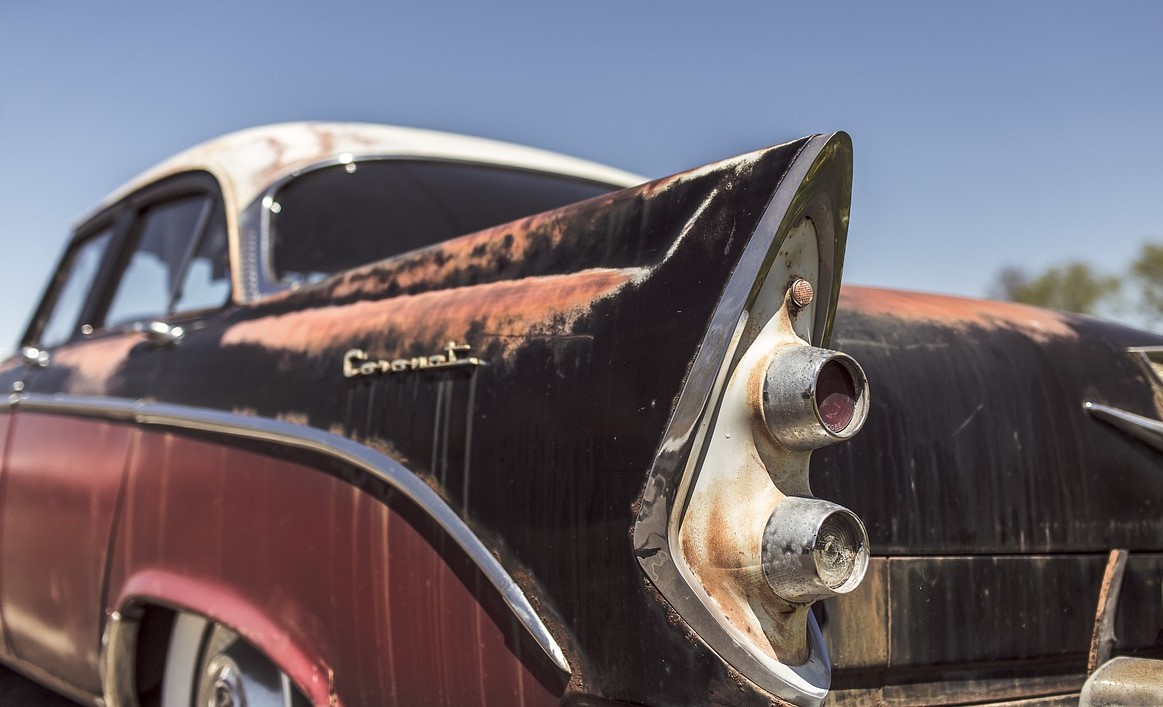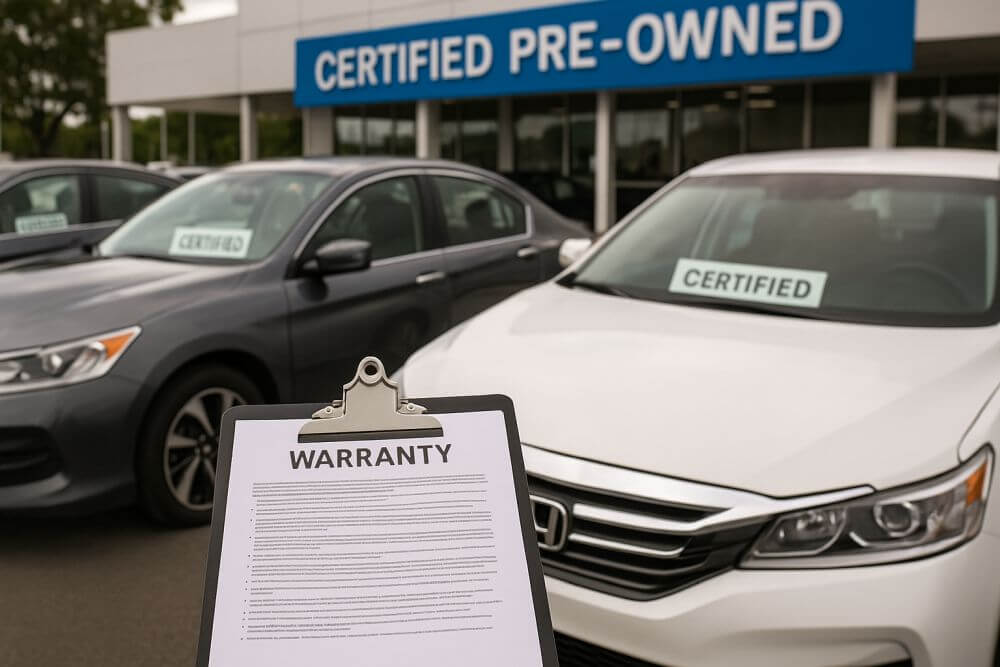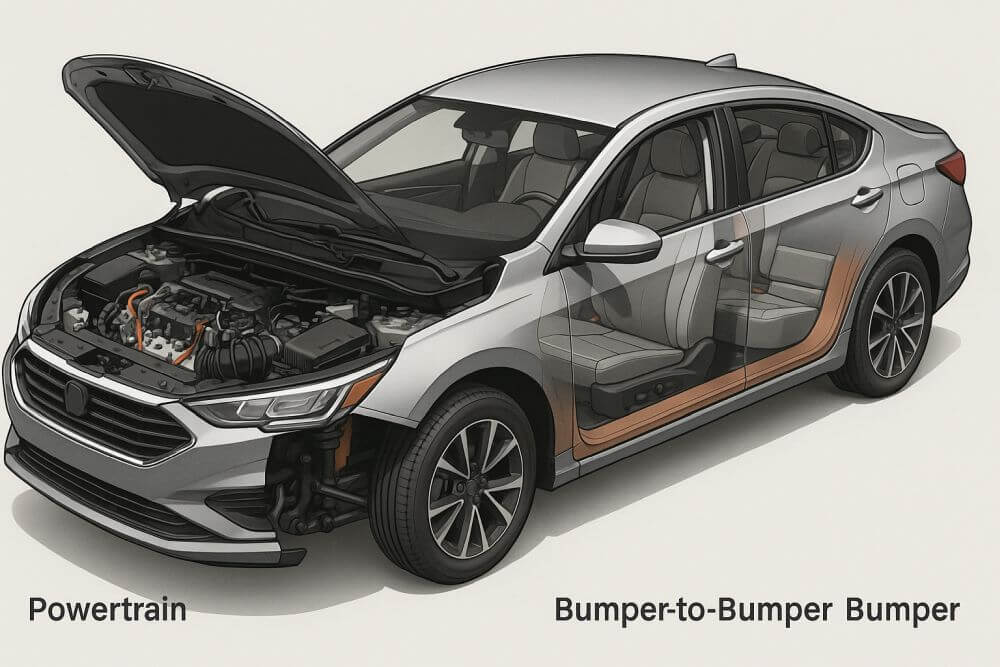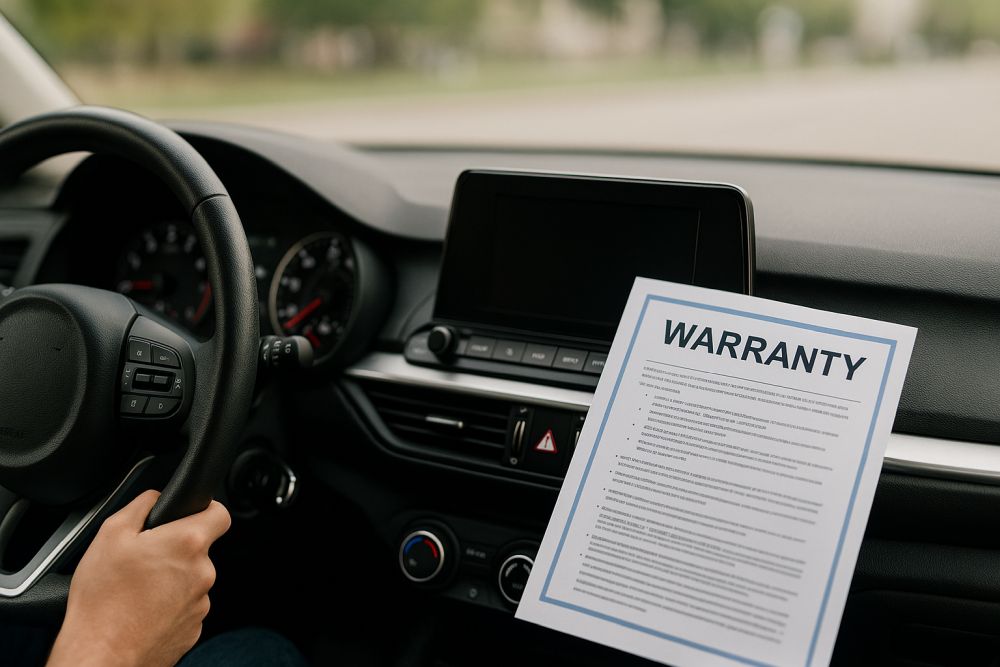Navigating the used car market in Colorado can feel like traversing a rugged mountain trail—full of hidden pitfalls and unexpected turns. To ensure you’re making a wise investment, follow our checklist, and don’t forget to run a Colorado license plate lookup; neglecting this crucial step might leave you facing unwanted surprises down the road!
In the event of conflicts during a used car deal, Colorado provides multiple paths for resolution. Consumers can submit complaints to the Colorado Department of Revenue or the Better Business Bureau if issues involve a dealership. For private transactions, turning to small claims court or seeking mediation may be necessary. If fraud or misrepresentation occurs, legal actions can be taken to hold the seller responsible and recover losses.
Colorado Climate and Road Conditions

Searching for a used car in Colorado calls for careful inspection to make a sound choice. The state’s diverse climate and challenging road conditions demand extra vigilance to steer clear of future repairs or safety issues. Colorado’s rugged mountain landscape, harsh winters, and high-altitude driving can wear down a car’s overall condition.
Snowy, icy winters, combined with road salt, often lead to rust and corrosion, especially underneath the vehicle. Mountain and rural roads also put added pressure on suspension, brakes, and tires. Considering these elements, taking a close look at the car’s condition is a wise move for any buyer.
Research Vehicle History
A vehicle history report, generated through a car plate lookup or VIN check, reveals key details about a car’s past. It provides information on vehicle specifications, accident records, title status, mileage, warranty, insurance, liens, and previous ownership, helping protect you from hidden problems or potential legal issues.
Look for past accidents, title status, and odometer accuracy. Confirm the car hasn’t been in major accidents, carries a clean title, and has consistent odometer readings. Discrepancies can signal tampering or other forms of fraud.
What to Check When Buying a Used Car in Colorado
1. Inspect the Exterior

Watch for rust, dents, and scratches:
-
-
- Take a close look at the vehicle’s body for rust, particularly around the wheel wells, under the doors, and near the trunk or hatch.
- Pay attention to any dents or scratches on the panels, including the hood, roof, and bumpers.
-
Assess paint uniformity and potential repairs:
-
-
- Check the paint’s color and texture across different sections to see if it matches.
- Uneven paint can hint at past repairs.
- Look for overspray on trim, seals, or neighboring panels, which might indicate a repaint.
-
Check seals and weather stripping:
-
-
- Inspect the rubber seals around windows, doors, and the trunk for any cracks, dryness, or gaps.
- Ensure the weather stripping is in good condition to prevent leaks and reduce noise.
-
2. Evaluate the Interior
Examine Seats, Upholstery, and Dashboard for Damage
-
-
- Scan for rips, stains, or signs of excessive wear.
- Watch for indications of prior repairs or replacements.
-
Test All Electronic Features
-
-
- Lights: Verify that headlights, taillights, and turn signals are functioning correctly.
- Windows: Make sure all windows open and close smoothly, sealing properly.
- Air Conditioning: Evaluate the AC for cool air and listen for any odd sounds.
- Other Electronics: Check the stereo, navigation system, and any additional tech features to ensure they’re in good working order.
-
Sniff for Unusual Odors
-
-
- Notice any musty or damp scents that might point to water damage or mold.
- Be on the lookout for smoke odors if the previous owner was a smoker.
-
3. Examine Under the Hood
Check Fluid Levels
-
-
- Oil: Ensure it’s at the proper level and assess its color and consistency.
- Coolant: Check for adequate levels and any signs of rust or contamination.
- Brake Fluid: Ensure it’s at the correct level and check for clarity.
- Transmission Fluid: Assess the color (should be reddish and clear) and level.
-
Inspect for Leaks or Corrosion
-
-
- Look for signs of leaking fluids under the vehicle and around engine components.
- Check hoses and connections for any signs of corrosion or wear.
-
Assess the Condition of the Battery and Belts
-
-
- Check the battery for corrosion on terminals and ensure it holds a charge.
- Inspect belts for cracks, fraying, or signs of wear.
-
4. Assess the Tires and Suspension

Check tire tread depth and even wear across all tires.
-
-
- Inspect suspension components for damage or wear.
- Evaluate the alignment by observing the vehicle’s handling during a test drive.
-
Evaluate the Engine and Transmission
-
-
- Look for leaks and listen for any unusual noises when the engine is running.
- Check the fluid levels, including oil, coolant, and transmission fluid.
- Ensure the transmission shifts smoothly during a test drive.
-
5. Test Drive the Vehicle
Assess how the vehicle handles various terrains
Take the car through different surfaces, such as highways, steep inclines, and rough patches, to gauge its performance across diverse environments. Focus on the comfort of the ride and how well it adapts to the road beneath you.
Tune in to any unusual sounds
While driving, keep an ear out for strange noises coming from the engine, brakes, or suspension. Any rattling, squeaks, or grinding noises could point to potential mechanical problems that require attention.
Evaluate acceleration, braking, and steering control
Hit the gas to see how quickly and smoothly the vehicle picks up speed. Test the brakes for a firm, smooth stop, and try a few tight or wide turns to judge how the steering handles—whether it feels firm, smooth, or unsteady.
6. Check for Recalls and Service History
Research any recalls that apply to the vehicle model:
-
-
- Use a trusted source, such as the National Highway Traffic Safety Administration (NHTSA) or the manufacturer’s website, to check for any outstanding recalls on the specific make, model, and year of the vehicle.
- Enter the vehicle’s VIN into a recall lookup tool to identify any safety recalls that require repair. Ensure that all recalls have been addressed before purchasing or continuing to use the vehicle.
-
Review maintenance records to ensure regular service was performed:
-
-
- Ask the seller or dealership for the vehicle’s service history, paying attention to regular maintenance like oil changes, brake checks, and any significant repairs.
- Check that essential components like the engine, transmission, and brakes have been properly maintained following the manufacturer’s guidelines.
-
7. Understand Colorado’s Emissions Standards
Familiarize yourself with state emissions requirements for the vehicle:
-
-
- In Colorado, emissions tests are mandatory based on your vehicle’s age, fuel type, and where it’s registered. For example, gasoline-powered cars older than seven years in the Denver/Boulder metro area must pass emissions tests every two years.
- Diesel vehicles have their own set of rules as well. Make sure to verify if your vehicle is subject to these standards.
-
Check if the vehicle has passed emissions testing and if it meets local standards:
-
-
- If you’re considering a used vehicle in Colorado or preparing to register one, confirm that it meets the state’s emissions standards.
- Review the most recent emissions test report or reach out to the Colorado Department of Public Health and Environment for the latest update.
- Pay extra attention to cars from out of state, as emissions requirements can vary.
-
8. Final Thoughts and Negotiation Tactics
Assess the Vehicle’s Value and Reliability
Start with a detailed review of the vehicle’s condition, including its mileage, maintenance records, and a trusted inspection report. Check for any known issues with the make and model, such as recalls or recurring mechanical faults. Compare its market value using sources like Kelley Blue Book or Edmunds to see if the asking price is fair. Owner feedback, online reviews, and rankings from reliable sources like J.D. Power or Consumer Reports can offer insights into the vehicle’s overall dependability.
Consider Warranty and Service Plan Coverage
If the vehicle has any remaining factory warranty, confirm the specifics—such as coverage for powertrain or comprehensive protection. For Certified Pre-Owned models, take a look at any added warranty benefits the manufacturer offers. If the original warranty is expiring or already expired, it might be worth looking into extended warranties or service plans to cover unexpected repairs. Weigh the cost of these plans against potential future repairs, and make sure to understand exactly what is covered.
Use Inspection Results to Negotiate Price
Use the inspection report as a tool in price negotiations. Point out minor wear or any issues that could lead to repair costs down the line, and ask for a price reduction that reflects those future expenses. Highlight any inconsistencies between the vehicle’s actual condition and the seller’s asking price. Your research on market value and comparable listings can further strengthen your case. Be ready to walk away if the deal doesn’t accurately reflect the vehicle’s condition or value, especially if the seller is resistant to adjusting the price.
Buying a used car in Colorado can feel like navigating the state’s rugged terrain—filled with surprises and challenges that might take you off course. Steer clear of unexpected setbacks with a Colorado car license plate lookup, revealing important details and keeping your next ride on track for a smooth journey.


